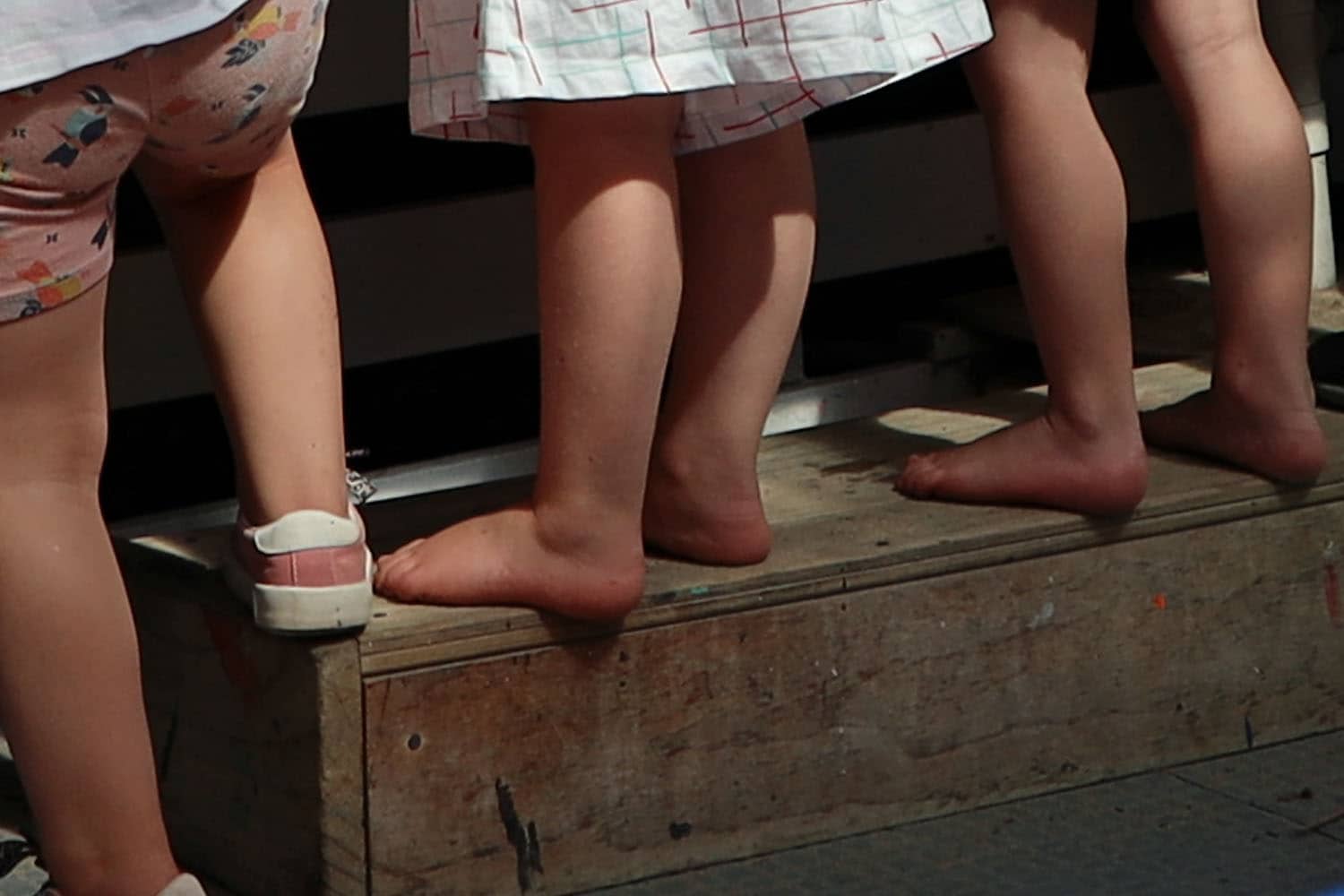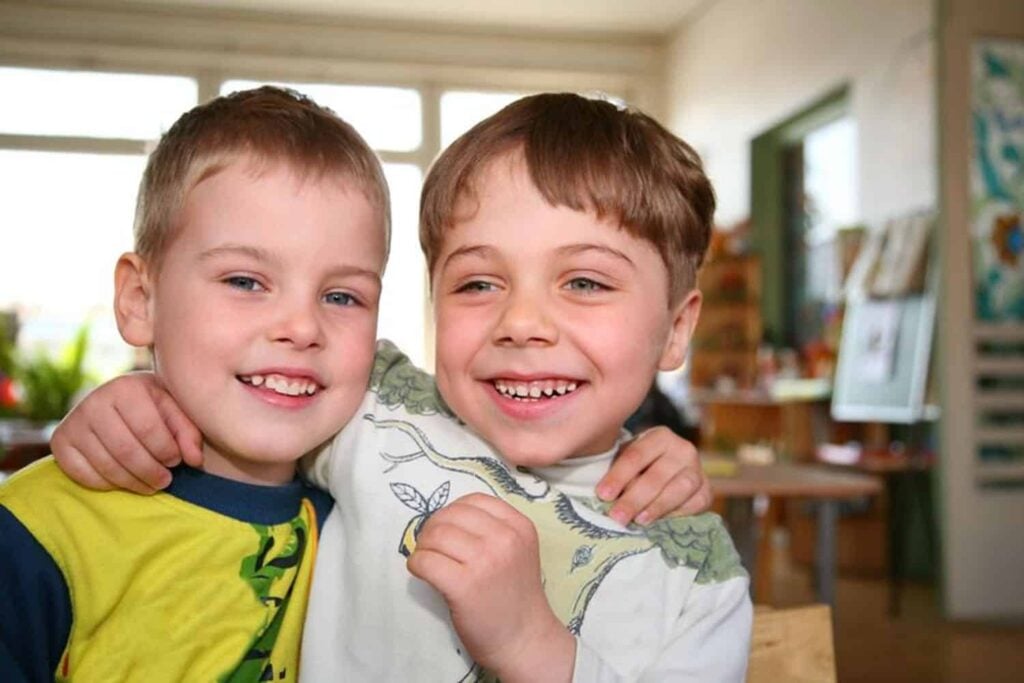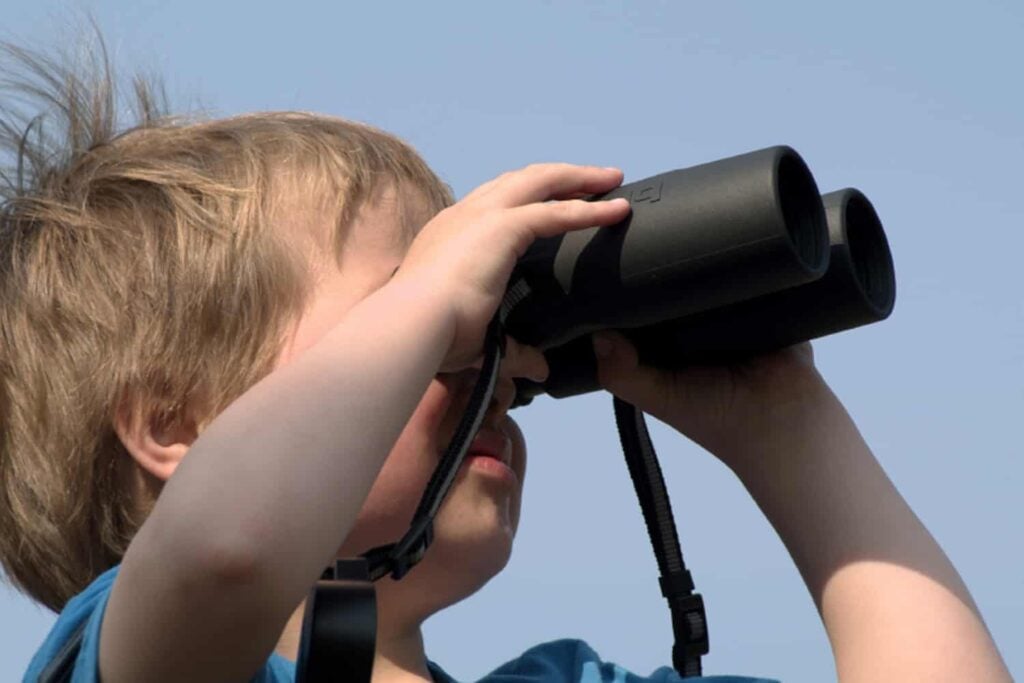Early Childhood Education System Failing to Support Maori Language and Culture.
By Arwen Hann.
25 July 2012.
Kohanga Reo was founded in 1982 and was designed as a way of developing families by improving the teaching of children, passing down cultural knowledge and revitalising language. It focuses on whanau taking responsibility for itself and for managing the local Kohanga Reo. It was originally set up under the Department of Maori Affairs and was only brought into the Ministry of Education in 1990 at which point it came under ECE regulations.
Te Kohanga Reo National Trust Board, which represents more than 450 Kohanga Reo throughout the country, has been arguing to separate Kohanga Reo from the Ministry of Education and for it to be run independently. It argues that Kohanga Reo was never designed to be thought of like a traditional early childhood education service and as such should not be constrained by the same rules and regulations as early childhood centres and other services.
Kohanga Reo was also criticised in the Government’s 2011 Early Childhood Education Taskforce report, which is forming the basis of several advisory groups and recommendations being considered by the Education Minister during 2012.
The Trust has since issued a response to the report, which it says was ill researched and misinformed. It claims the report “resulted in reputational damage that risks future enrolments at Kohanga Reo” which will “in turn, accelerate the decline in the number of Mokopuna acquiring fluency in te reo Maori, since that is directly linked to the numbers participating in Kohanga Reo”.
The Trust is also angry that despite being criticised several times in the report, it was not given the chance to comment before it was released. The Ministry of Education has agreed that the Trust’s response will appear alongside the report any time the relevant parts are published.
In its response, the Trust says the Taskforce treated it unfairly by comparing it to standards set out by the ECE regulations such as having qualified teachers when these things do not fit with the Kohanga Reo methods which include all whanau in teaching and focus on Kaumatua to hand down cultural knowledge. Using such definitions of quality ECE, the Trust says, makes it difficult for Kohanga Reo to be considered as a quality programme and takes away from what it was originally intended to do.
One of the points raised in the Taskforce report was the high number of supplementary reviews of Kohanga Reo conducted by the Education Review Office – one third of all Kohanga Reo received supplementary reviews between 2007 and 2010.
However, the Trust argues that ERO does not fully understand the Kohanga Reo philosophy and its way of working and therefore cannot do a proper review of the services.
The Trust also disputes the Taskforce’s focus on quality equating it to ECE qualified teachers, who are not as common in Kohanga Reo. This is because it was set up as a whanau-led environment designed to help Maori children to learn and to keep alive the Maori language and culture. While not qualified in ECE, Kaumatua are seen as experts in culture, which is paramount within the Kohanga Reo philosophy.
This misinformation and lack of understanding risks further decline in children attending the Kohanga Reo setting and damages the reputation of Kohanga Reo and the Trust, according to the Trust’s response to the report. It also says it fears the Government will move to incorporate Kohanga Reo further within the ECE framework and regulations to the detriment of its philosophy and its original intent following recommendations by the Taskforce that funding priority be given to teacher-led ECE services and that Kohanga Reo should be held accountable in the same way as other ECE services.
The Trust’s reaction to the Taskforce report and its recent Waitangi Tribunal claim fuel the debate as to whether children from different ethnic backgrounds do better in mixed early childhood settings, or immersed in their own culture. The Trust is calling for autonomy saying neither the Ministry nor the Taskforce really understands the purpose of Kohanga Reo or how it works, which would suggest they advocate for Maori at least to be immersed in their own culture during their early years. The success of this, however, is more difficult to measure without standards for staffing and curriculum comparable to those in mainstream ECE settings.
It is unclear how attendance at Kohanga Reo might fit with the government’s plan to get 98% of children attending some form of ECE. Currently Kohanga Reo is included in the definition of ECE. There is a precedent for early childhood programmes that meet different social and cultural purposes to sit under different government departments. Nga Kohanga Reo used to be under the Department of Maori Affairs before Government shifted it to be under the auspices of the Ministry of Education. Parenting programmes, PAFT and Family Start, were under the Ministry of Education until they were shifted to the Ministry of Social Development.









